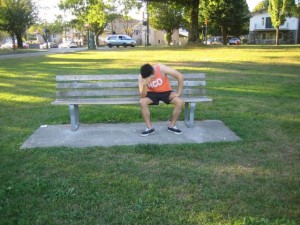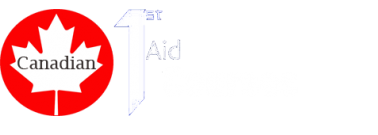Fact Checked
Shortness of breath or dyspnea is characterized by difficulty in taking a breath. It is hard, uncomfortable and causes pain when breathing. There are periods that there is not enough air to breath. The person becomes short of breath due to smoking, activity, lung condition and sometimes happens with no known cause.
Causes of shortness of breath
- Living a sedentary lifestyle and being overweight
- Running out of breath while walking, climbing stairs and other regular activities.
- Blockage in the nose, throat or mouth
- Suffering from common cold
- Allergies

Running out of breath while walking, climbing stairs and other regular activities. - Anxiety and stress
- Heart diseases
- Changes in the altitude
- Chronic obstructive pulmonary diseases such as asthma, pneumonia and bronchitis
Treatment of shortness of breath
- Diaphragmatic breathing or abdominal breathing helps manage shortness of breath due to chronic obstructive pulmonary disease. Lie down on the back, then place the hands on the abdomen and relax the muscles. Breathe in deeply through the nose, hold the breath for a few seconds and then breath out slowly through the mouth and empty the lungs completely. Repeat this process for 5-10 minutes and the breathing exercises at least 2-3 times every day.
- Pursed-lip breathing helps in slowing down the pace of breathing and restores the normal breathing as well as relieves stress and anxiety. Sit and relax the neck and shoulder muscle. Keep the lips pressed tightly and inhale for a few seconds through the nose and then exhale slowly and gently through pursed lips while counting 4 and continue to inhale and exhale for another 10 minutes. This breathing technique helps with the condition.
- Another way of treating shortness of breath is steam inhalation. It helps keep the nasal passages decongested. The heat and moisture coming from the steam helps dissolve and break up the mucus for easy elimination from the system of the body. Fill a bowl with hot water and add a few drops of essential oil such as eucalyptus or peppermint. Cover the head with a towel and place the head over the bowl and then inhale the steam by taking deep breaths for at least several minutes. Steam inhalation also helps with nasal congestion and lessens episodes of breathing difficulties.
- Drinking black coffee can lessen respiratory muscle fatigue and improve function of the airway and minimizes the symptoms of asthma. Drink 1-2 cups of strong black coffee to minimize shortness of breath and for normal breathing. Avoid drinking more than 2 cups to avoid an increase in the heart rate and blood pressure.
- Ginger is a good expectorant and also helps chest and nasal congestion that can cause difficulty in breathing. Drink 2-3 cups of tea every day. Make a tea by mixing 1 tablespoon freshly chopped ginger slices to cup of boiling water, let it simmer for 5 to 10 minutes. Add a few drops of honey and sip the tea slowly.
- Stop smoking.
